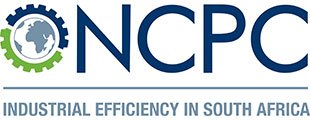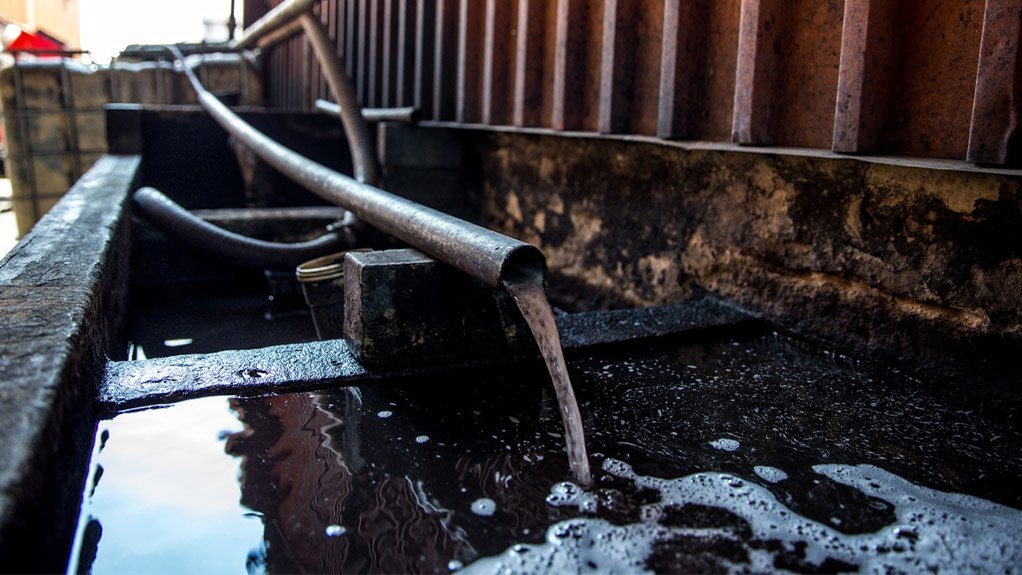Phase 2 of the Strategic Water Sector Cooperation partnership between Denmark and South Africa will be launched at this year’s African Utility Week, which will be held from May 14 to 16 at the Cape Town International Convention Centre.
The partnership will host an exhibition stand and water knowledge hub in the exhibition hall.
The Danish Minister of Environment and Food, and the South African Minister of Water and Sanitation signed a memorandum of understanding regarding water use and water resources in November 2015.
The purpose of the programme is to support the South African government agencies and relevant stakeholders in developing and implementing strategic, management and regulatory frameworks. This will ensure that water is efficiently and effectively managed for equitable and sustainable growth and development.
National Cleaner Production Centre South Africa (NCPC-SA) communication manager Julie Wells says the partnership will run from 2019 to 2021 and will build on the work of the first three years in a number of focus areas, including groundwater, urban water use, and water use in industry.
The NCPC-SA, as technical partner for the implementation of the section focusing on water use, drives its deliverables through its Industrial Water Efficiency Project. Moreover, the partnership has provided skills and best practice guidance through Danish experts and study tours to help the NCPC-SA expand its water efficiency competencies.
The NCPC-SA will also host technical knowledge hubs on energy and water, as well as a workshop on the mutual benefits of saving water and energy at African Utility Week.
“These will take place at the water knowledge hub . . . free of charge,” adds Wells.
She notes that African Utility Week is one of the few events that brings together power and water utilities and are an ideal platform to discuss how optimising the one utility can be beneficial to the other.
Meanwhile, the work of the NCPC-SA over the past eight years in industrial plants has largely been focused on energy. However, the improved use of energy in industrial plants in, for example, the metals, glass, textiles, and food and beverage sectors, has resulted in improved water use patterns.
Implementing the findings of water assessments can often bring about unplanned energy savings, explains Wells, adding that the key is to identify and measure these improvements, as they often go unnoticed.
NCPC-SA Industrial Energy Efficiency Project national project manager Alf Hartzenburg also advises that the energy systems of water treatment and pumping stations be assessed to save water.
An example of how water assessments can result in energy savings is the case study that the NCPC-SA ran in May 2017 at a chicken abattoir at consumer goods company RCL Foods Rustenburg, in the North West.
After an initial assessment, “the plant made some low-cost adjustments, including the installation of water shut-off valves, the upgrading of cleaning equipment and the initiation of a leak-management programme”, says Wells.
In just a few months, the plant saved 89-million litres of water, but an unintended consequence was the saving of 26 MWh of electricity. “There is still more that can be done at this plant, and the savings are expected to improve,” she adds.
Industrial systems, such as pumps, motors and compressed air, are significant energy users and are often used to spray or pump water. Optimising these systems not only reduces the energy they consume but also reduces the water used and wasted, Wells concludes.






